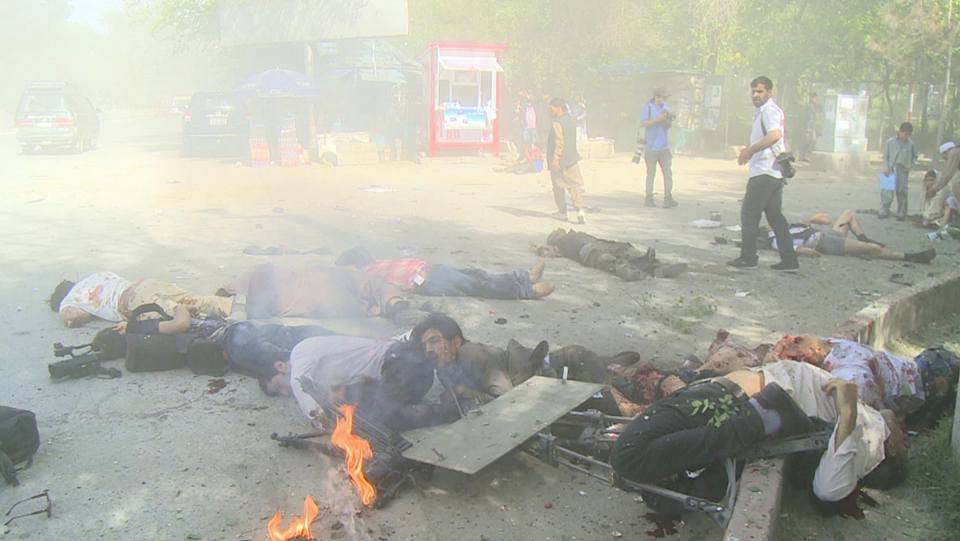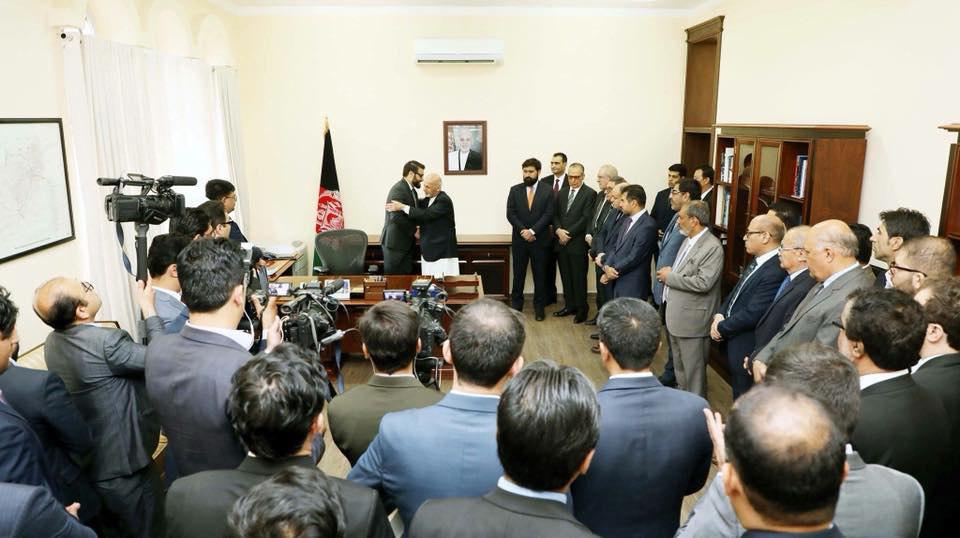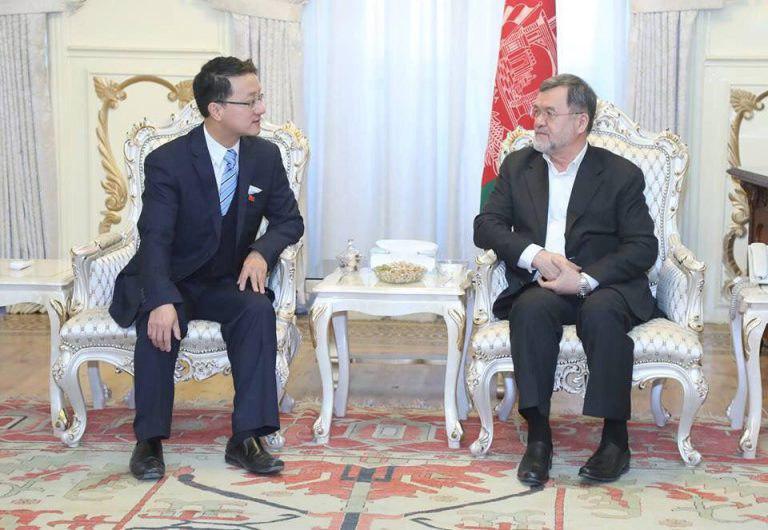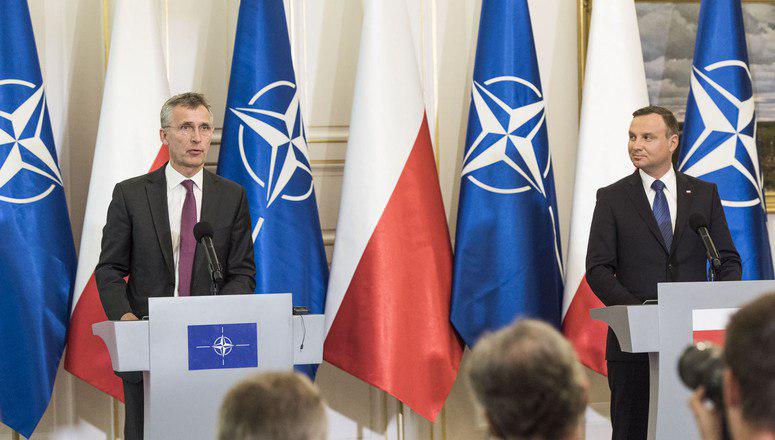The U.S. Must Exercise Restraint in Central Asia
This conflict has little impact on U.S. security, mainly because of the decision to withdraw from Afghanistan. The presence of any U.S
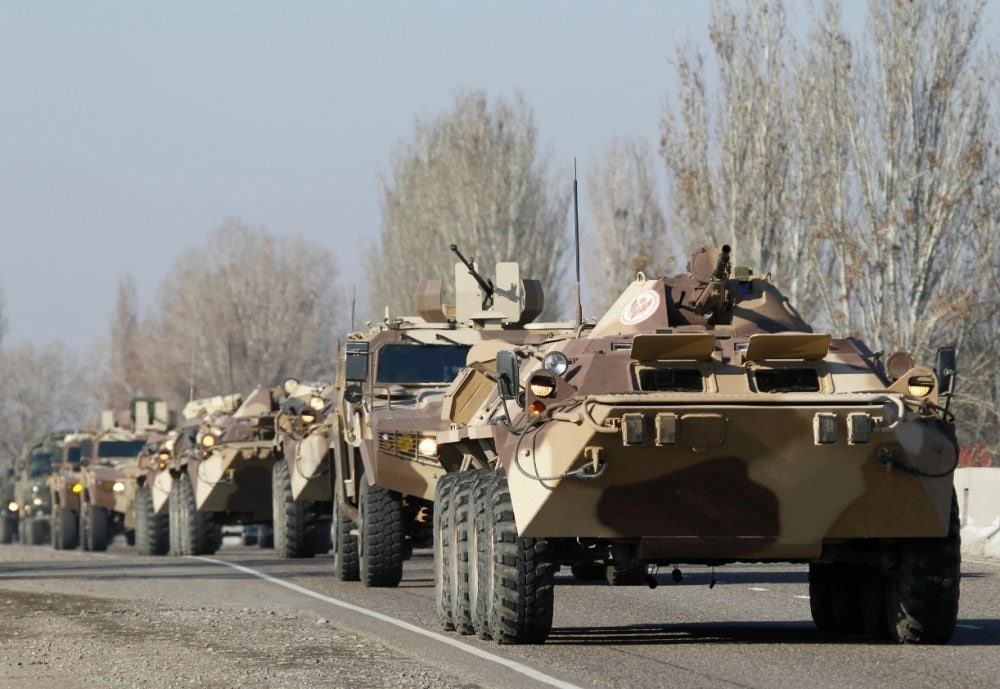
Before the Shanghai Cooperation Organization (SC) summit in Samarkand, Uzbekistan this month, two member states, Tajikistan and Kyrgyzstan, clashed over territorial disputes. September 20 marked the official signing of a peace treaty and although the future of Tajik-Kyrgyz security remains unclear, the United States appears interested in engaging with Central Asian countries economically and diplomatically.
A recent Politico report noted that U.S. officials have been quietly negotiating with Uzbekistan and Tajikistan to trade fifty American helicopters flown across their borders by Afghan pilots last year in exchange “for help hunting terrorists in Afghanistan” and “to gain a foothold in a region where the U.S. military no longer has a presence on the ground.” This would be a tragic mistake; any future U.S military involvement in Central Asia should be out of the question. It would open an easy pathway to entanglement in more unnecessary wars with countries like Tajikistan, Kyrgyzstan, and other great powers.
The Tajik-Kyrgyz border clashes have been ongoing over the last few years. Despite lingering uncertainty in the region, the United States should be wary of becoming entangled in Central Asian disputes. As the United States began its military campaign in Afghanistan, temporary bases were established in several Central Asian countries like Uzbekistan and Kyrgyzstan to serve as transport hubs to move troops and supplies into Afghanistan. During this period, China and Russia supported the U.S.-led Afghan war.
But times have changed. The United States is no longer a valuable regional partner following its exit from Afghanistan. After spending over $2 trillion and losing thousands of American lives, the Biden administration’s decision to withdraw from Afghanistan seemed to be a mark in favor of ending endless wars. Nonetheless, Washington’s foreign policy elite seems to think that the whole region of Central Asia needs to be filled again with U.S. troops.
This conflict has little impact on U.S. security, mainly because of the decision to withdraw from Afghanistan. The presence of any U.S. military personnel exposed them to the dangers of blowback but with a reduction of military meddling in Central Asian affairs, violent local non-state actors will have less of a reason to retaliate against the United States.


